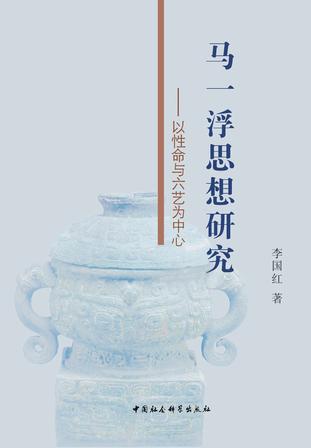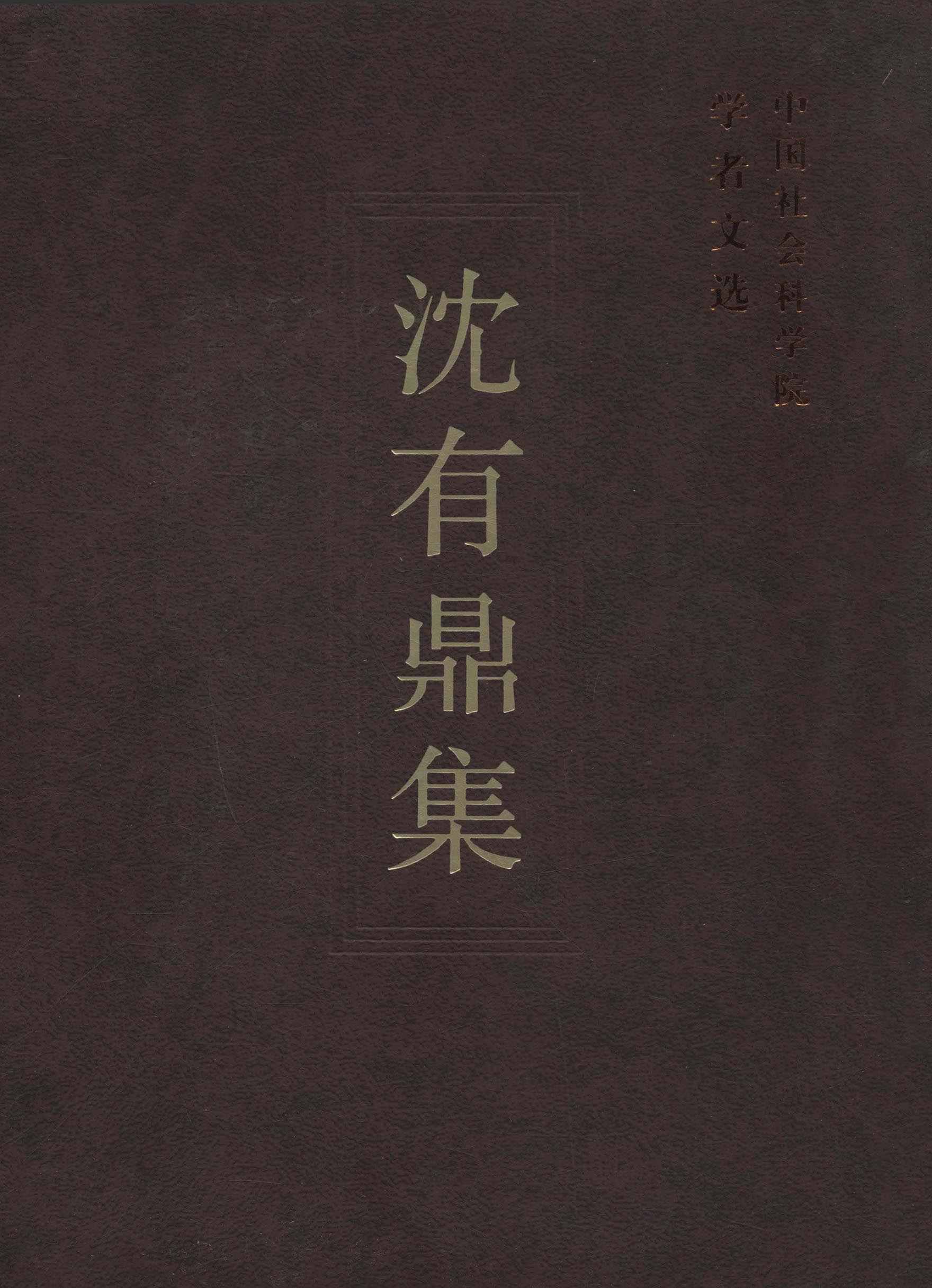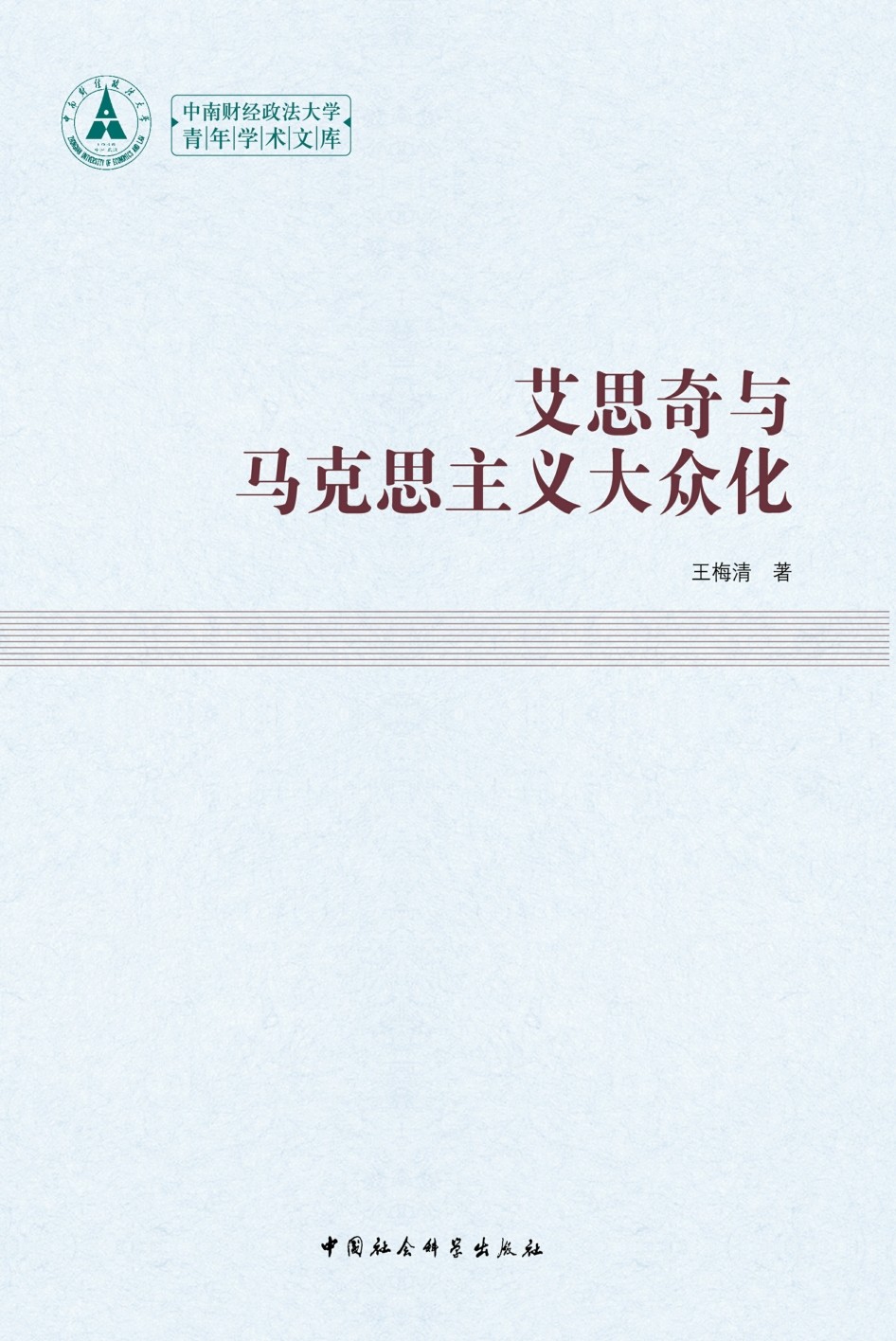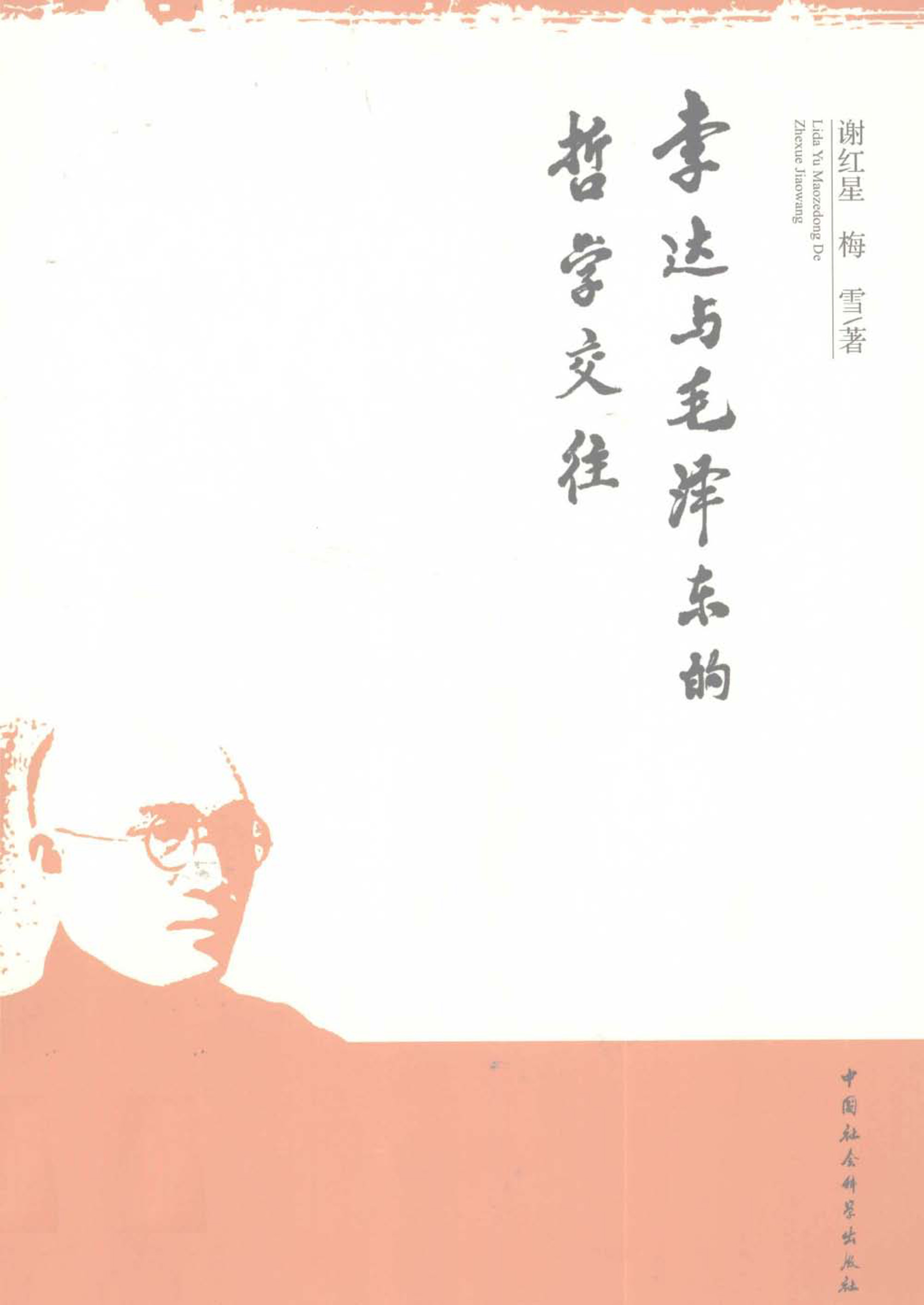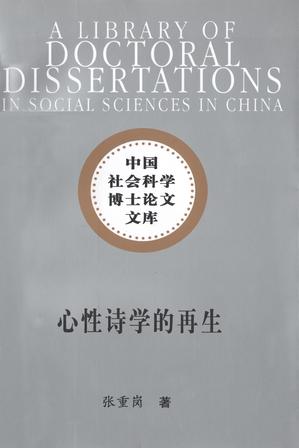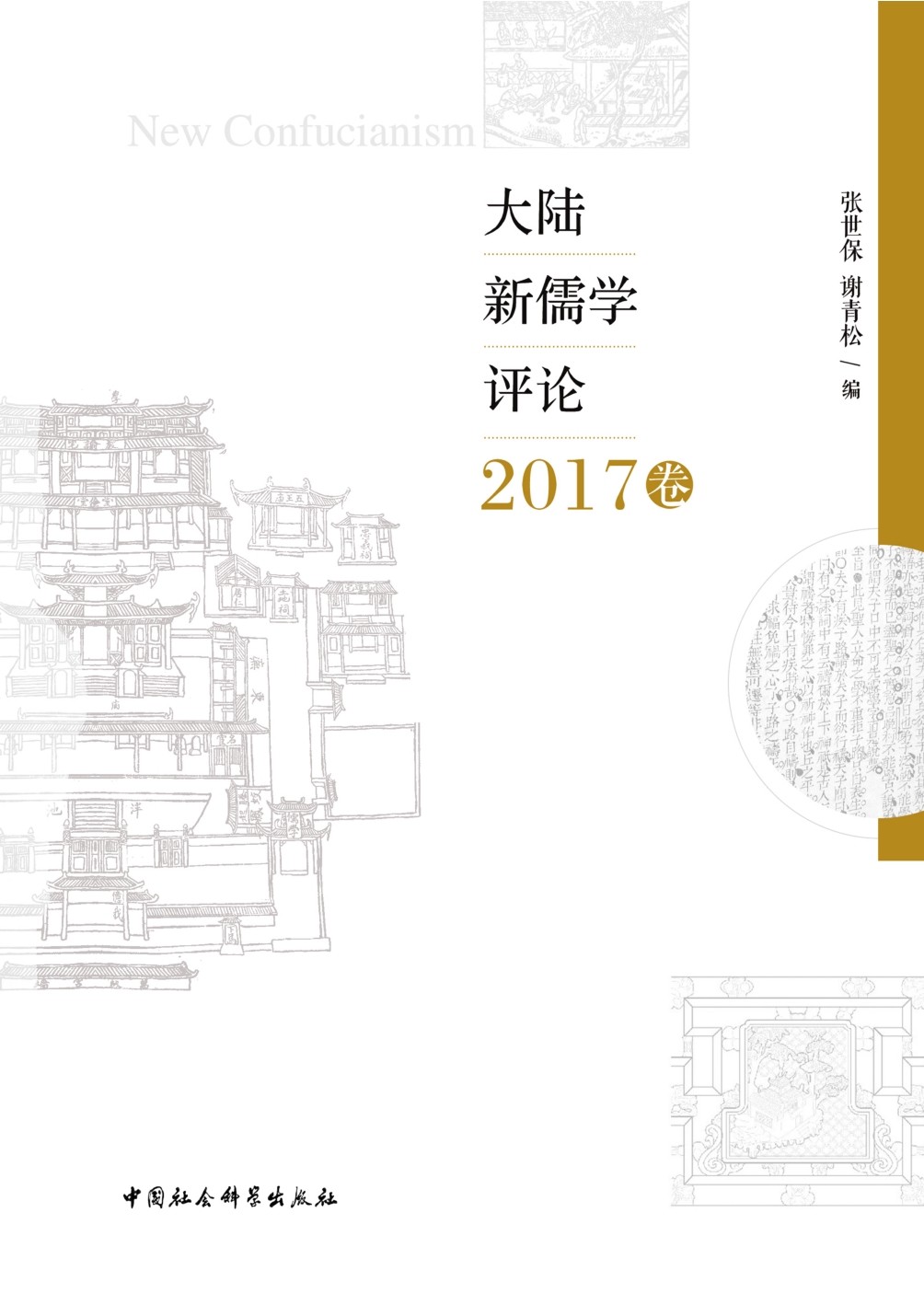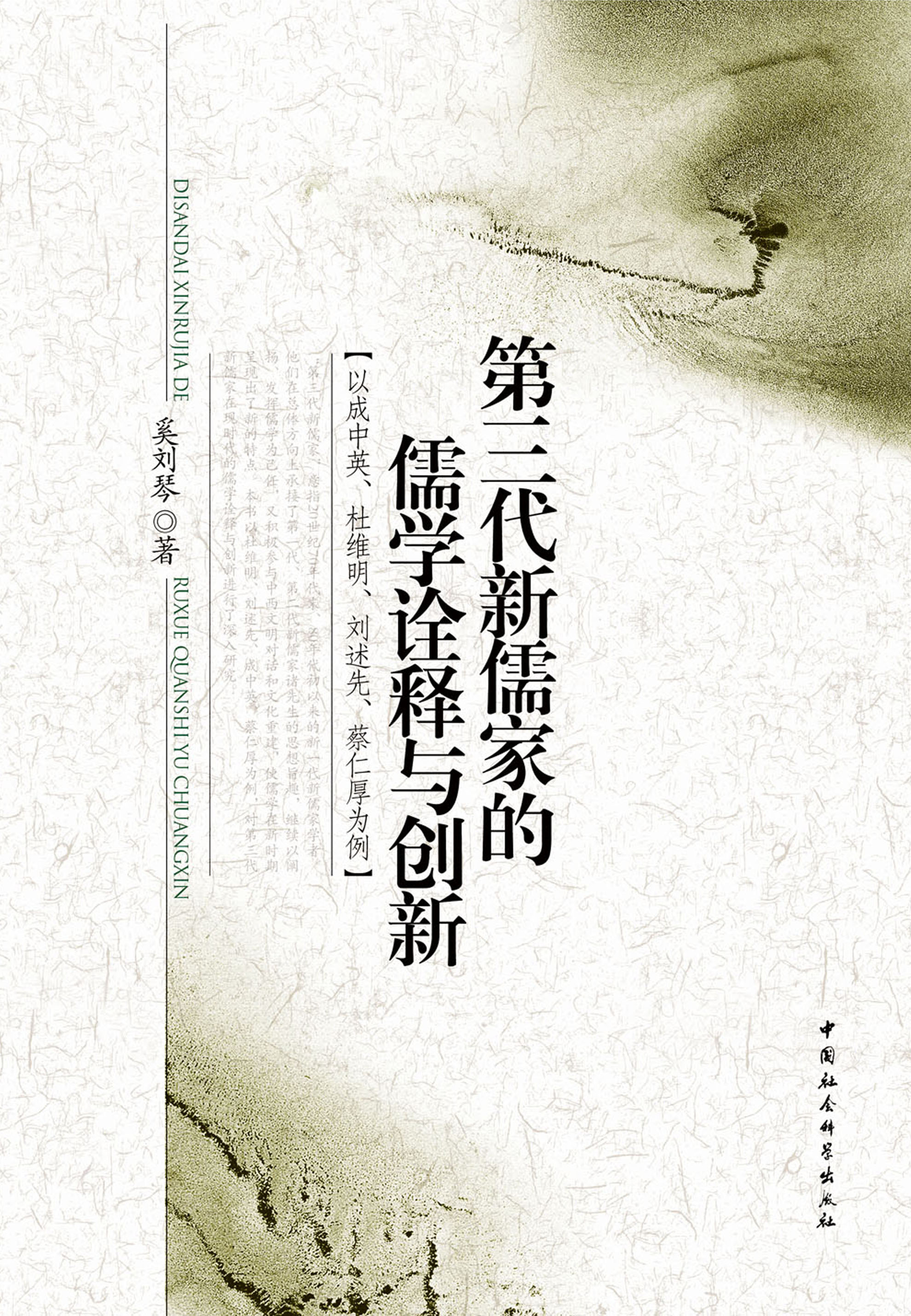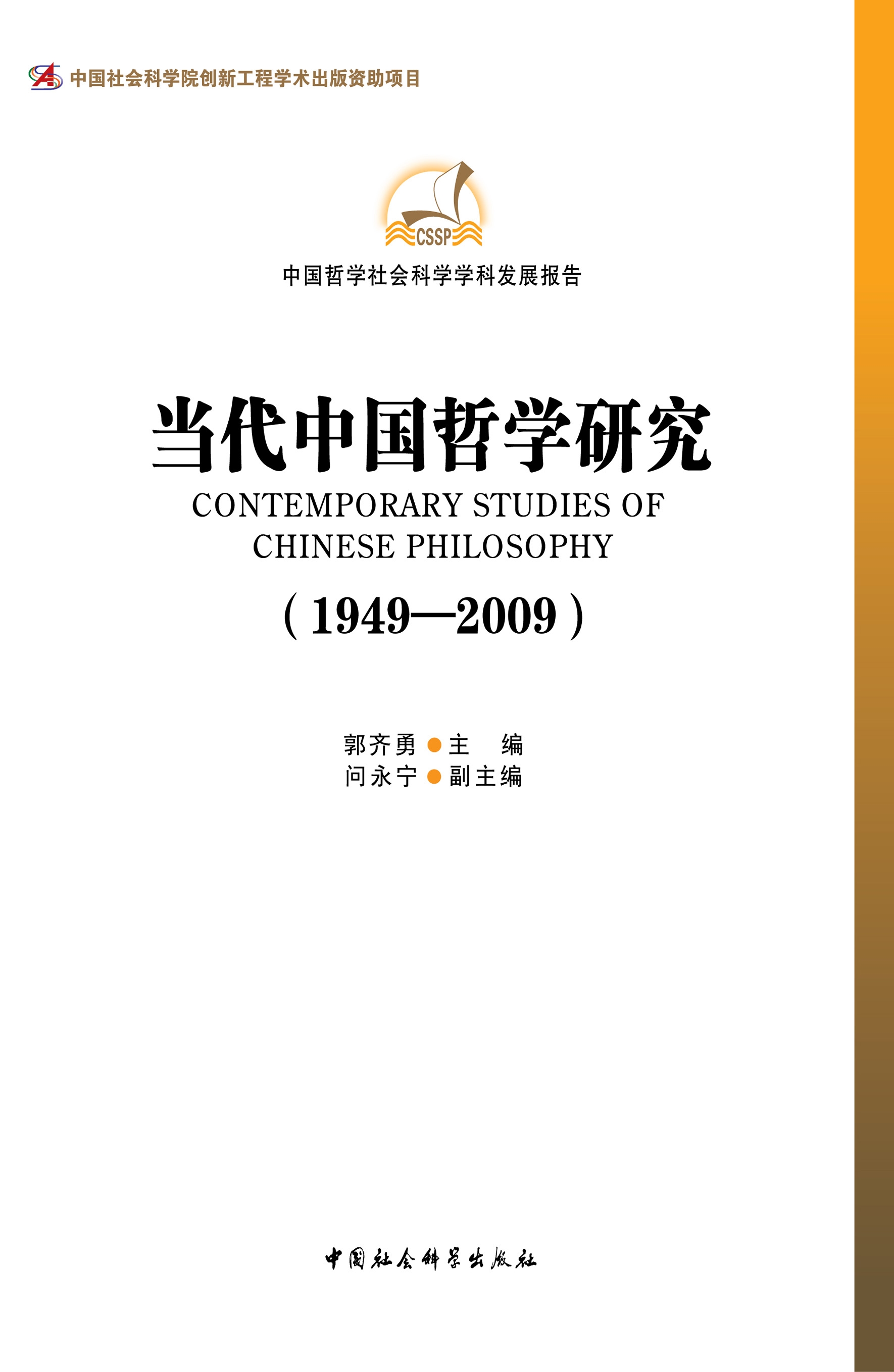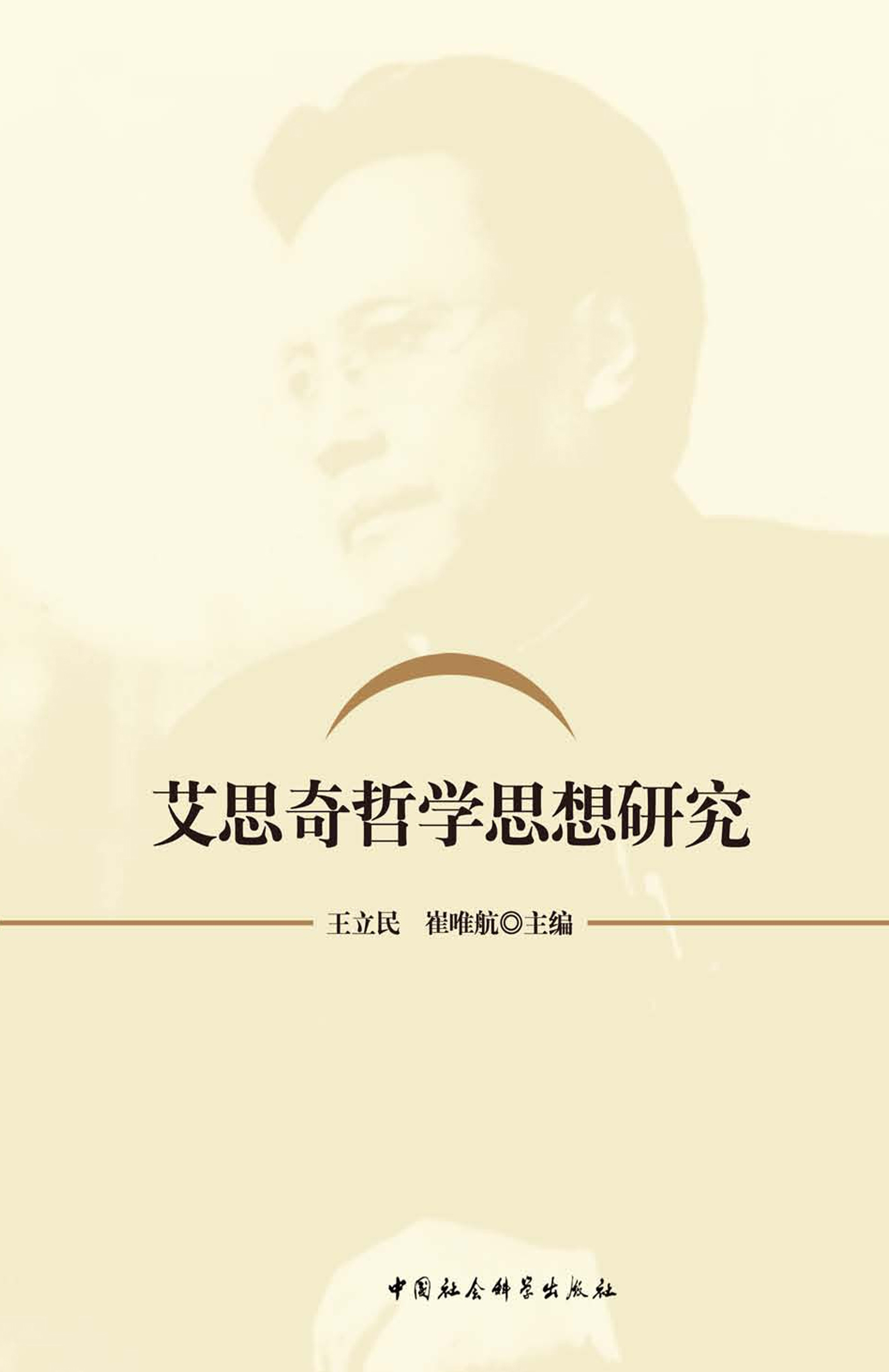内容简介
作者简介
目录
The purpose of this article is the history background, its specifical thinking and last development direction which Ma Yi-fu used for recreating the Life truth in Confucian by “Liu Yi governing all the learning”. the main body of this thesis consisted with five chapters:The first chapter discuss the history background which which Ma Yi-fu used for recreating the Life truth in Confucian by “Liu Yi governing all the learning”. the author of this thesis think that the conflict between Chinese culture and Western culture is the history backgroud of Chinese thought and culture in moderm times. In this connection, the traditional culture represented by Confucian couldn't cope with the winds of change of the times, so they need rethink the history culture, revive and reconstract Confucian, this is the history mission for New-confucianist. The controversion between the science and the metaphysics reveal the contradiction between the knowledge and moral, how unite the knowledge and moral become a task of times. Ma Yi-fu thought that the essential difference between the Chinese culture and Western Culture is whether know the Life or not. Western culture insist the objective principle, it didn't know the Life of the union of God and Man, they excluded the moral value in knowledge and trap in the evil. As the moral ethics, the tradition Confucian elucidated the thoughts of Life which could remedy the limitation of Science. Consequently, Ma Yi-fu reback to the Liu Yi of original confucian, and try to recreat confucian thoughts on Life, and realize the union between the moral ethics and the knowledge.The second chapters discuss the specifiable thinking which Ma Yi-fu used for recreating the Life truth in Confucian by “Liu Yi governing all the learning”. seen from the development of Chinese culture, only taking up the train of thoughts of Confucian in Song and Ming Dynasty in modern time, which will result in the old road that is thinking much of moral ethics and looking down on the knowledge, consequently, which wouldn't unite the knowledge and the moral ethics. Confronted with this trouble, Ma Yi-fu put forward a method which is using the thoughts of Liu Yi for recreating and exerting the thoughts of Life of confucian in Song and Ming Dynasty. In that times, all the learning include three facets, which are the learning system in Xian Qin times, western modern science and the learning system of the Confucian ,the Daoism and the Buddhism, and this three systems could include two facets, that are the knowledge learning and moral learning. The special thinking of Ma Yi-fu is using the life idealism of “Nei Seng” and “Wai Wang” for the standard of value, using Liu Yi for the learning basis, through Liu Yi, Ma Yi-fu unite all the knowledge and morar learning to the frame of “Nei Seng” and “Wai Wang”, and also using it as the way of culturing oneself , consequently realize the union between the knowledge learning and the moral learning in Life thoughts. So, Ma Yi-fu think that the Life thoughts which proved by tthe life idealism of “Nei Seng” and “Wai Wang” in the original confucian is the only truth which unite the knowledge learning and the moral learning. As the Life thoughts, it is not the object of knowledge, but the life bourn of the union the God and Man by the moral action himself.The third chapter discuss that he advocate the culture view that “six skills” of Confucian include all the learning, and the theory about Confucian life is the only noumenon gist, and the value standard is the “Inner Sage and Outer King” and afresh the Confucian culture.The system of Chinese traditional culture include three sides, which are the exponents of the various schools of thought during the period from pre-Qin times, the learning culture system among Confucian, Buddhism and Daoism since East Han Dynasty and the western learning culture system. For Ma Yifu, the theory about body and mind and life in Confucian moral teaching culture which include the thoughts of the unity of Heaven and Human, is the universal humanity and the exclusive reality and is the generic value standard, which have not the section at all times and in all over the world. As the human virtue, this theory is inherence and transcend, which can authenticate by the virtue culturing. The whole human culture involve the human nature in this way or in that way, so they are all the reflection and exhibition in life theory, and Confucian “six skills” virtue teaching is best in all of the cultures.Chapter 4 analyze that Ma Yifu build his Confucian virtue teaching culturing system by bring the inner virtue to the exponents of the various schools of thought during the period from pre-Qin times and the western culture and make them being Confucian, and bring the function to Buddhism and Daoism and make them being Confucian. The rebuilding of Confucian virtue teaching culture consent the unique and inherence transcend status of morality and nature that is innateness for the human, and negate the view that intellectuality have the value ontic status, and reestablish the Confucian doctrine system, and find the inner foundation for the development of Chinese traditional culture. Ma Yi-fu think that the virtue include the intellectuality, and the true knowledge is the virtue knowledge, and there is no independent outer knowledge, the knowledge is delusive if it is without dharma, the material gain without ethics is criminal. The human ideal is the theory which not only include inner sage, but also include outer king. That is to say, the theory is that the virtue and the intellectuality are together, the knowledge and the virtue gather into one.The last chapter analyze the final development direction of the Life thoughts in confucian which Ma Yi-fu used for recreating the Life truth in Confucian by “Liu Yi governing all the learning”. I think that although Ma Yi-fu using the Nei-Seng and Wai-Wang in pre-Qin confucian accomplishing the recreation of Life thoughts of confucian in Song and Ming Dynasty, but his aim is not putting forward a metaphysics reference for the moral action, but pursuing the union between the knowledge learning and the moral learning in the life bourn, that is to say, tell us realizing the human nature knowledge during the learning action. So he insist that Liu Yi is the moral teaching but not the knowledge teaching. For the Life thoughts in the Liu Yi, he appeal the life bourn but not the philosophy knowledge. Confront with the eclipse of confucian in modern time, he think that the key of the confucian renaissance is coming back to the human nature, so the final development direction of his Life thoughts which using Liu Yi including all the learning is not the metaphysics but the life idealism bourn in life action.Thus,it can be seen that the aim of Ma Yi-fu is realizing the union standard of the confucian culture by the moral ethics in the society, and try to realizing the new “Wai-wang” under the old “Nei-seng” of confucian. He use the moral teaching in Liu Yi as the general porgramme, and put the learnings of the various schools of thought during the period from pre-Qin times to the early years of the Han Dynasty and the western science learning to the moral learning in confucian, at the same time, he also put the positive attitude of life to the theory of Buddhism and Daoism, and recreat a culture system based on the moral teaching of confucian which face the universe. But Ma Yi-fu localizate the knowledge learning in the moral ethics, and think that there is without knowledge outside the context of the moral ethics which is mismatching with the western culture, so his thoughts using Liu Yi including all the learning and recreating the Life thoughts in confucian is only the culture idealism and can't come true.Key words:Ma Yi-fu; the nature and the life; Liu Yi; the union of the moral learning and the knowledge
全部显示∨
李国红,男,汉族,1970年1月生,甘肃省庆阳市人。南京大学中国哲学专业博士研究生,四川大学道教与宗教文化研究所哲学流动站出站博士后。现为兰州商学院马克思主义学院副教授,甘肃省中国传统文化研究会理事,宗教研究所研究员,主要从事儒释道三教文化学术研究,有多篇论文在不同的杂志上发表。
全部显示∨
绪论一 关于马一浮研究现状的考察和分析
二 本书的中心问题和思路
三 本书的主要创新之处
第一章 中西文化冲突中表现出知识与道德的矛盾第一节 世界近代物质文明的上升
第二节 中国近代传统的失落
第三节 特殊机遇下保守主义的回归
第四节 现代新儒家的产生
第五节 科玄论战显示知识与道德的冲突
第六节 马一浮的正德、立人、救国思路
第二章 用先秦儒家内圣外王之道重建宋明儒学性命之理的思路第一节 性命之理为六艺之源
第二节 六艺交融互摄
第三节 君子小人之辨
第四节 刻书留种子
第五节 办学育人才
第六节 修证性命之理
第三章 以六艺德教统摄先秦诸子与西方近代学术来展示性命之理第一节 自性为立教之本
第二节 圣贤学问的真血脉
第三节 从性起修入六艺之道
第四节 六艺统摄先秦诸子学术
第五节 六艺统摄西方近代学术
第六节 学为圣人复兴六艺文化
第四章 以六艺德教摄尽三教凸显性命之理第一节 三教合一的历史趋势
第二节 三教合一的性德基础
第三节 三教教相不相混滥
第四节 心性修养之学贯穿三教
第五节 六艺之道摄尽三教
第六节 三教同归性命之理
第五章 人生境界上以德率知体现性命之理第一节 近代以儒学议政对内圣性体的迷失
第二节 中西文化碰撞中儒学外王大用的陷落
第三节 儒学哲学化对心体的迷失
第四节 儒学生命道统的失落
第五节 对旧儒学的新安顿
第六节 以德率知、复性归命
结束语
马一浮研究拾零
儒家文化的重建
主要参考文献
后记
该书无电子版哦,想阅读点购买纸书吧,现在还在打折喔(⊙o⊙)
